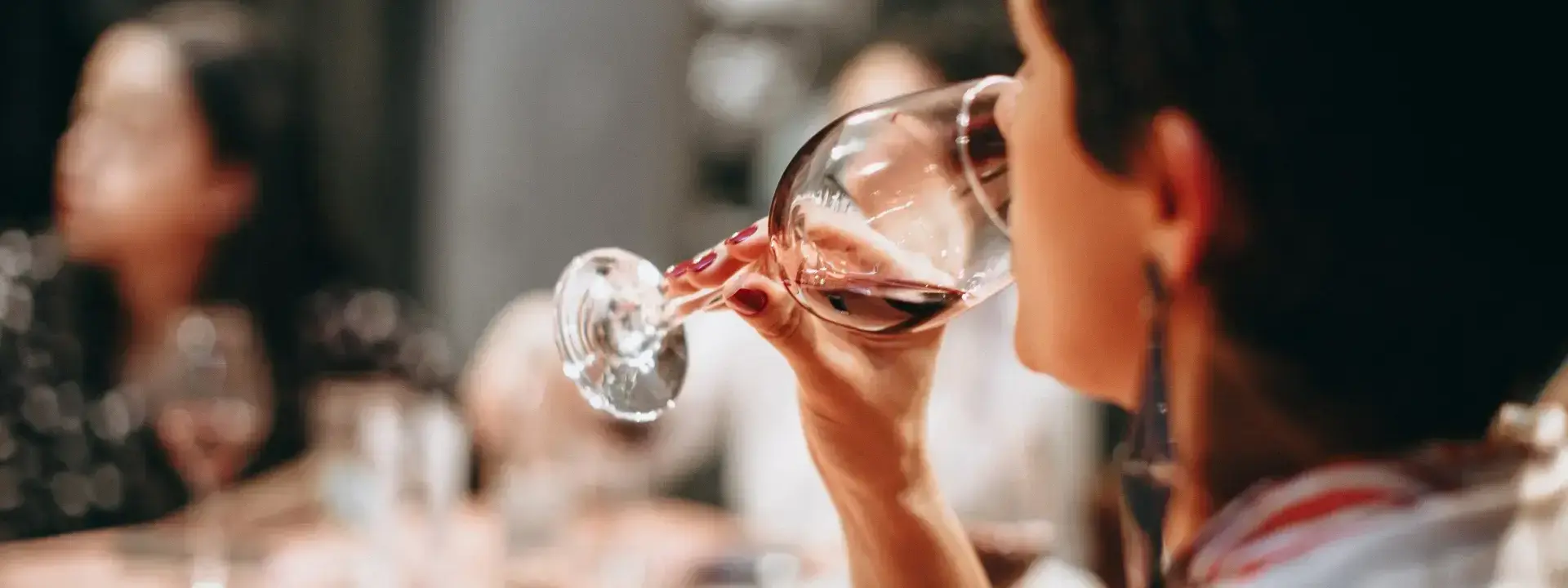
Wine Taster Job Description
What is a Wine Taster Professional?
A wine taster is someone who evaluates wine by taste, smell, and appearance. A professional wine taster typically works for a winery or in the wine industry. Wine tasting is the sensory examination and evaluation of wine. While sight, sound, and touch can provide some information about a wine, tasting is chiefly concerned with smelling and tasting the wine.professional The vast majority of wines are tasted before they are sold, as producers want to know what sort of quality their wines have. Wine tastings can be casual events open to the public or formal affairs organized by trade professionals (such as sommeliers). Formal tastings entail extensive training in how to taste wines properly and spit them out so that one does not get drunk; these skills take years to develop. In addition to basic education about grape varieties and viticulture (wine-making), most professional tasters learn through experience via internships with established firms.
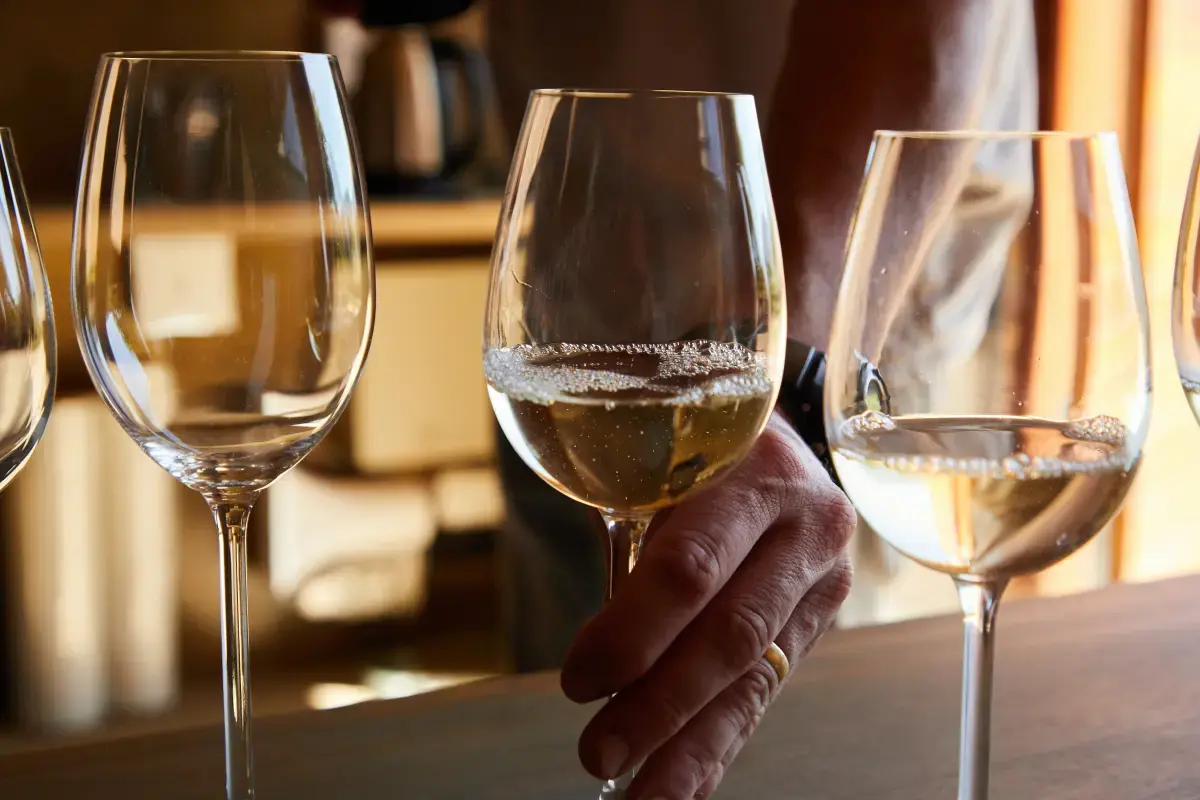
What does a Wine Taster Expert do?
Generally speaking, there are four components to proper from stemware selection to getting rid of any bias one may have before starting: cleanliness of both glassware and oneself; purging ones palate with water or unsalted crackers between samples; avoiding strong fragrances which can mask subtle aromas in the wine; being objective when sampling (assessing a wine on its own merits rather than comparing it to others). The goal of all this is accurate assessment of a given sample - whether one actually likes it is purely subjective. There are many styles of spitting: discreetly into a bucket if at an event where social niceties must be observed;forcefully into a waste bin if soloing or among friends; or somewhere in between depending on circumstances.
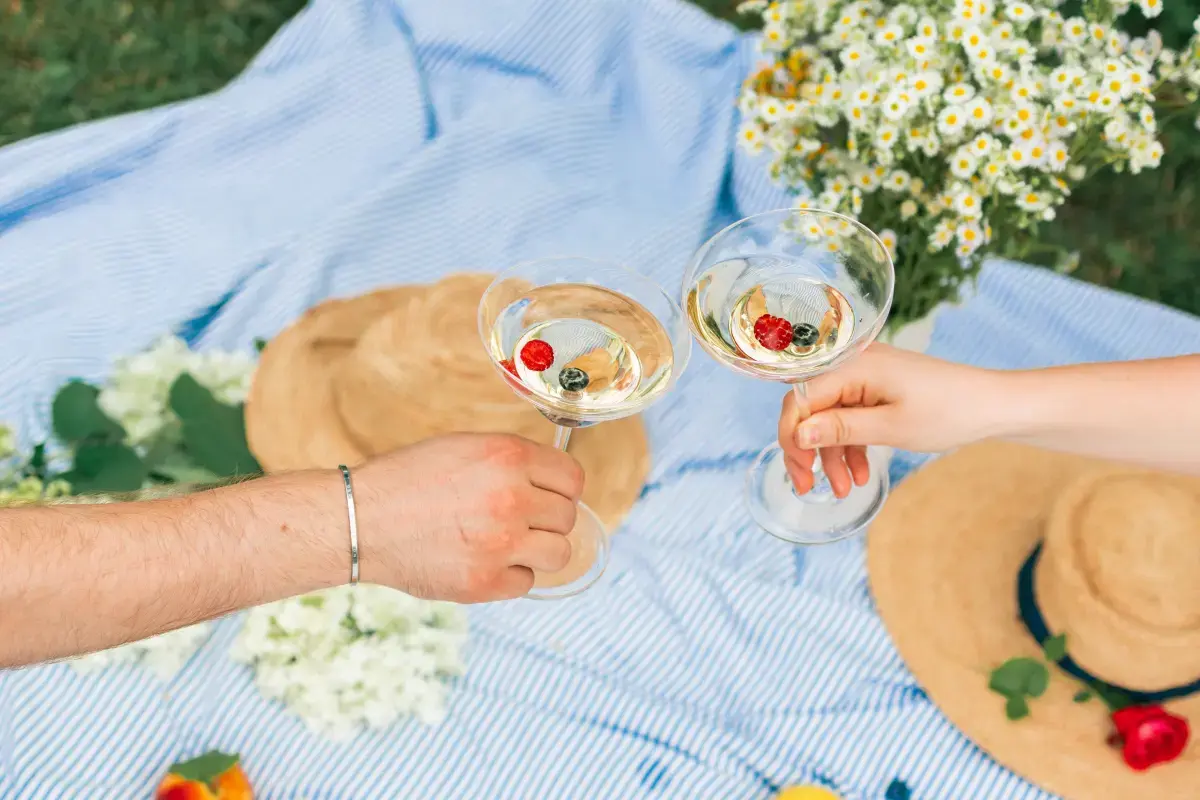
What are the Skills of a Wine Taster?
A wine taster needs to have a good sense of smell and taste. They need to be able to identify different aromas and flavors in wine. Tasters also need to have a strong knowledge of wines, including how they are made and what makes them taste the way they do. Tasting wine is not just about drinking it. A wine taster needs to pay attention to all aspects of the wine, from its appearance to its aroma and flavor. The best way to learn how to taste wine is by taking classes or attending workshops led by experienced tasters. There, you will learn about the basics of tasting and smelling wines, as well as more advanced techniques for identifying different flavors. Tastings can be formal or informal. In a formal tasting, eachwine is tasted individually and analyzed in detail. These tastings are often used by professional tasters working in the wine industry, such as winemakers or sommeliers (wine experts). Formal tastings can also be held at special events, like dinners or parties where wines are being served.In an informal tasting, several wines are tasted at once and people usually mix and match different types of wines. This is a more casual way of enjoying wine with friends or family members. It’s also a great way to discover new wines that you might enjoy!
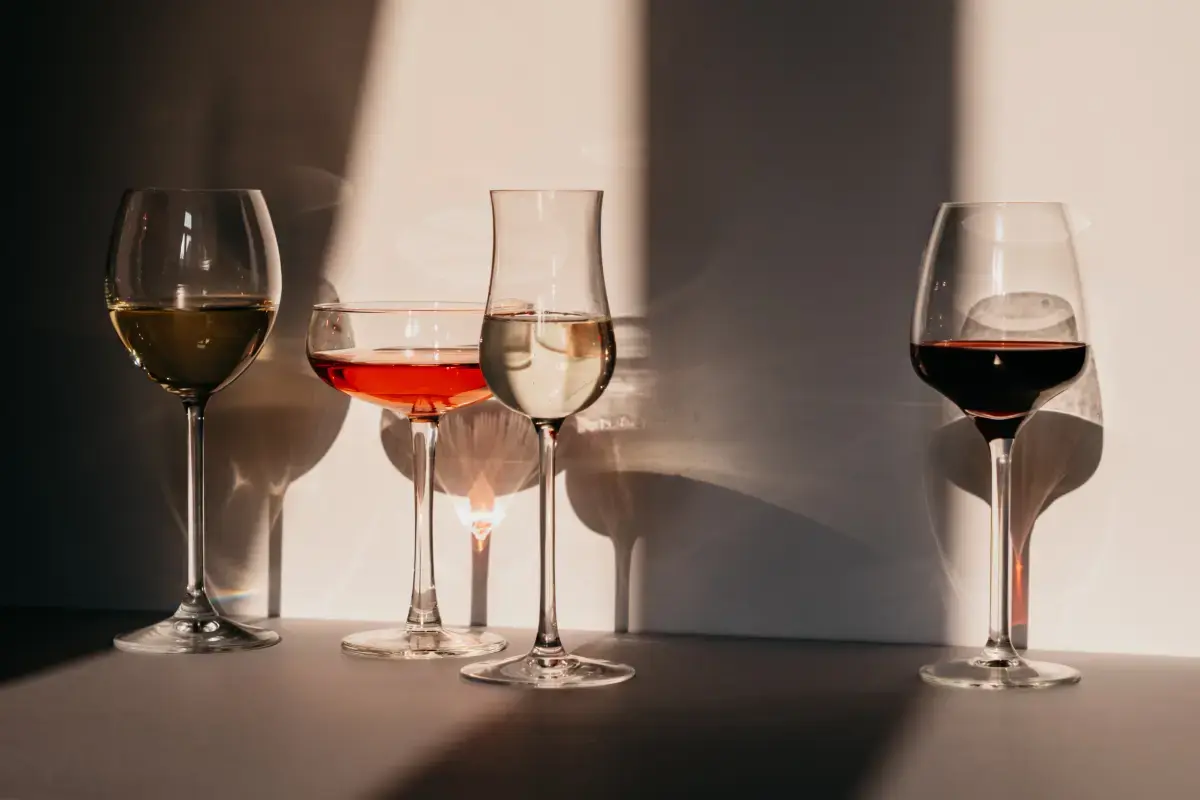
What makes an Expert Wine Taster?
When it comes to actually tasting the wine, there are some specific steps that should be followed in order ensure that you get the most out of the experience: First take a look at the color of the wine; hold it up against a white background if possible so that you can really see its hue Next give it a swirl in your glass; this helps release some of the aromas Take a sniff- make sure you stick your nose right into the glass so that you can fully appreciate those smells Havea sip- take small sips rather than big gulps so that your taste buds have time process everything Finally think about what youre experiencing; try to identify any distinct flavors aromas Spit out the wine after each sample if possible(this may not be the case if youre at aninformaltasting!)Following these steps will help ensure that you get the most out of future tastings!
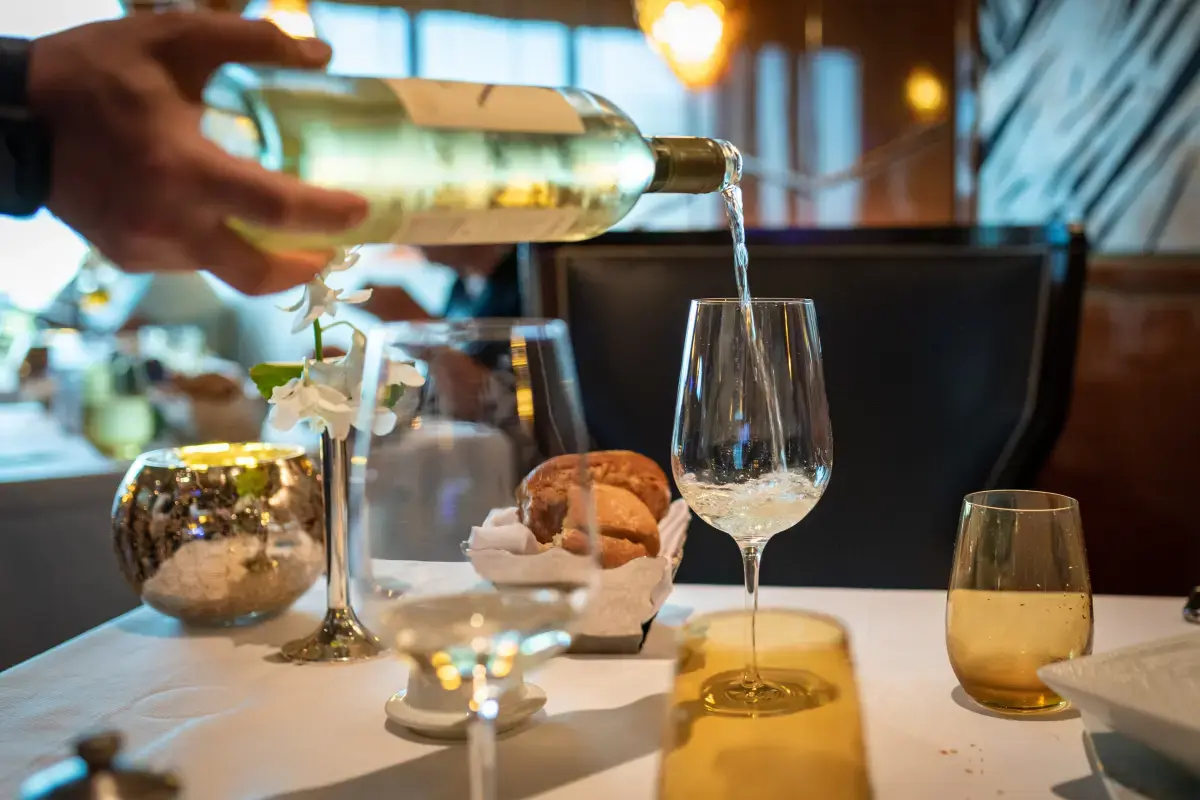
What level of Experience & Qualifications are required to be a Wine Taster?
Requirements for Becoming an Expert Wine Taster: 1. Industry Experience: Must have significant experience in the wine industry, including working at wineries, vineyards, or restaurants with a wide variety of wines. 2. Training: Must have dedicated training in the tasting and evaluation of wines through courses and/or apprenticeships with established professionals. 3. Qualifications: Must be able to identify characteristics of different styles and types of wine upon tasting them (aroma, color, flavor profile). May hold specific qualifications such as Certified Specialist of Wine (CSW). 4. Education: Formal education should include viticulture and enology coursework as well as knowledge in chemistry, biology and other relevant sciences related to winemaking production processes to better understand what affects wine quality during its life cycle.
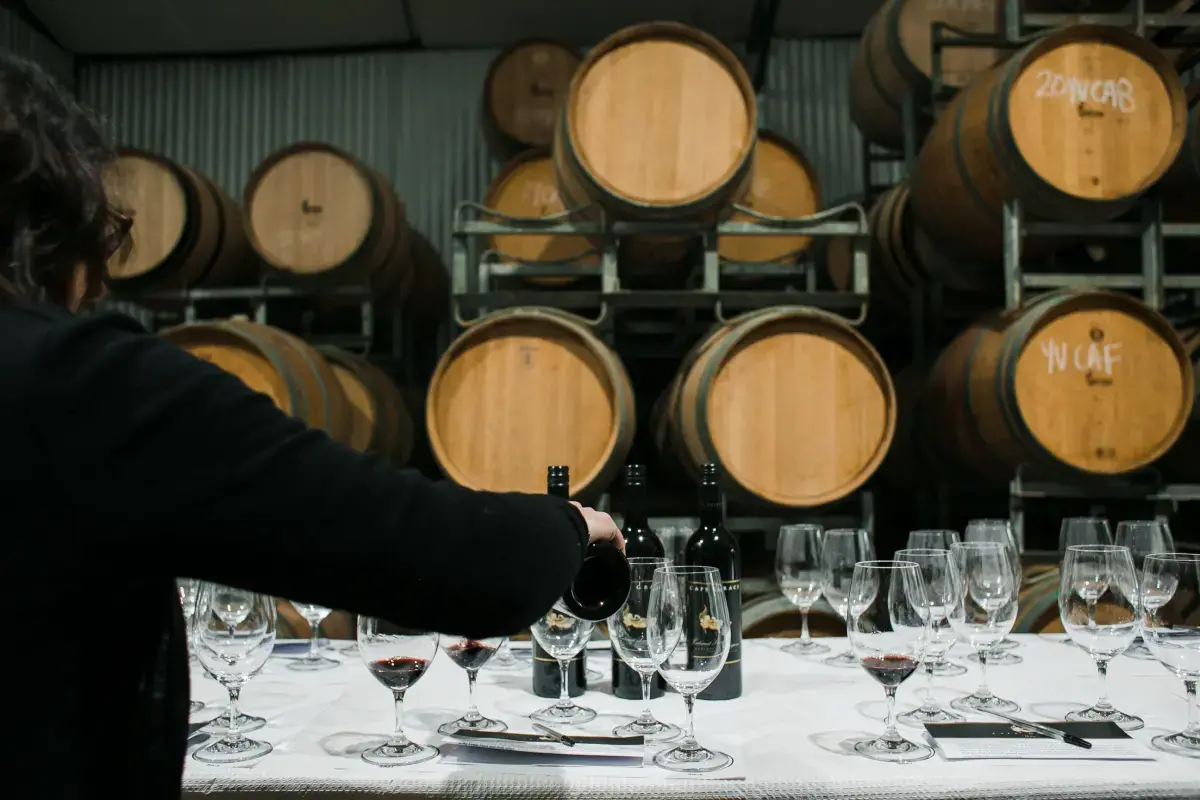
What is the Salary of a Wine Taster?
The range of salary expectations for a wine taster will vary depending on geographic location, experience, and job title. Generally speaking, junior wine tasters may start in the low five figures (15-20K/year). As they gain experience and move up through various levels of tasting positions, their salaries can increase into the middle to high five figures (50-70K/year), at higher positions like Master Taster or Head Sommelier. Senior level positions such as Expert Taster or Executive Sommelier at top wineries or restaurants can typically reach the six figure level (75-150K+/year). Some master blenders may even earn median wages over $200,000 per year.
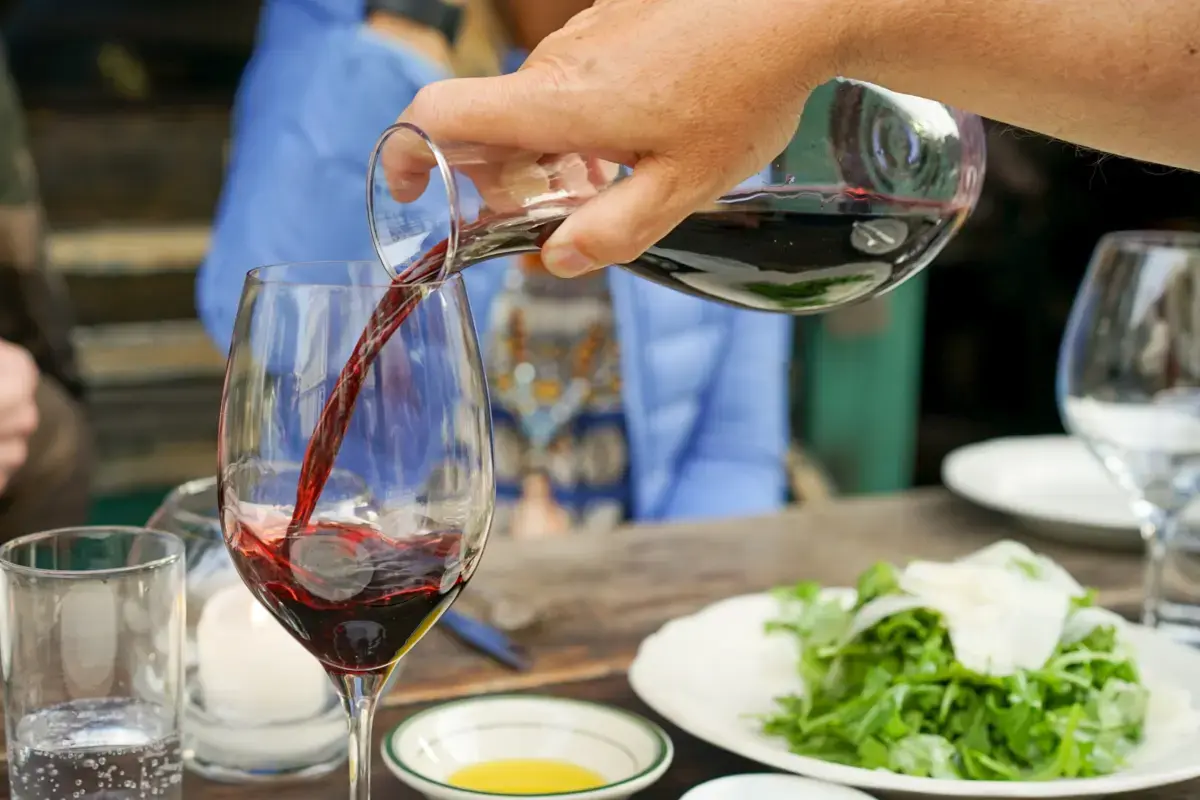
What are the Working Conditions for a Wine Taster?
Working conditions for a wine taster can vary widely depending on the size and type of company they are working for. Generally, wine tasting involves being in an environment where noise levels may be louder than usual. This is due to the various machines running and grinding up grapes or other fruits needed to make wines. Those who taste wines may need to smell the aromas coming from the fermentation process or have their taste buds calibrated before trying a variety of wines. In addition, most wine tasters are expected to maintain a high level of physical fitness as this allows them to detect subtle variations in flavours between bottles more accurately. Depending on what is required from them, some tasters also need knowledge about particular types of wines, such as Champagnes or French reds so that they can provide advice on what best suits each customer’s needs when asked for it by store staff or members of public tastings events. Workers may also face exposure to dust and chemicals associated with making certain typesof wine; hence safety measures must be observed at all times when handling strong materials used during winemaking processes such as sulphites and debris created by crushing grapes into juice prior bottling stage under carbon footprint regulations which recently become part in America industry awareness . The hours worked during vintage times could involve longer days than those worked outwith that time period but these would generally extinguish after harvest season has completed successfully -working five-, six-day weeks against shorter term commitments outside peak periods too. Overall though with its abilities comes responsibility since there will be occasions where attention detail genuinely matters –scoring results poor quality control if missing ensuring product integrity whilst safeguard colleagues handle products safely beneath non-hazardous environments..
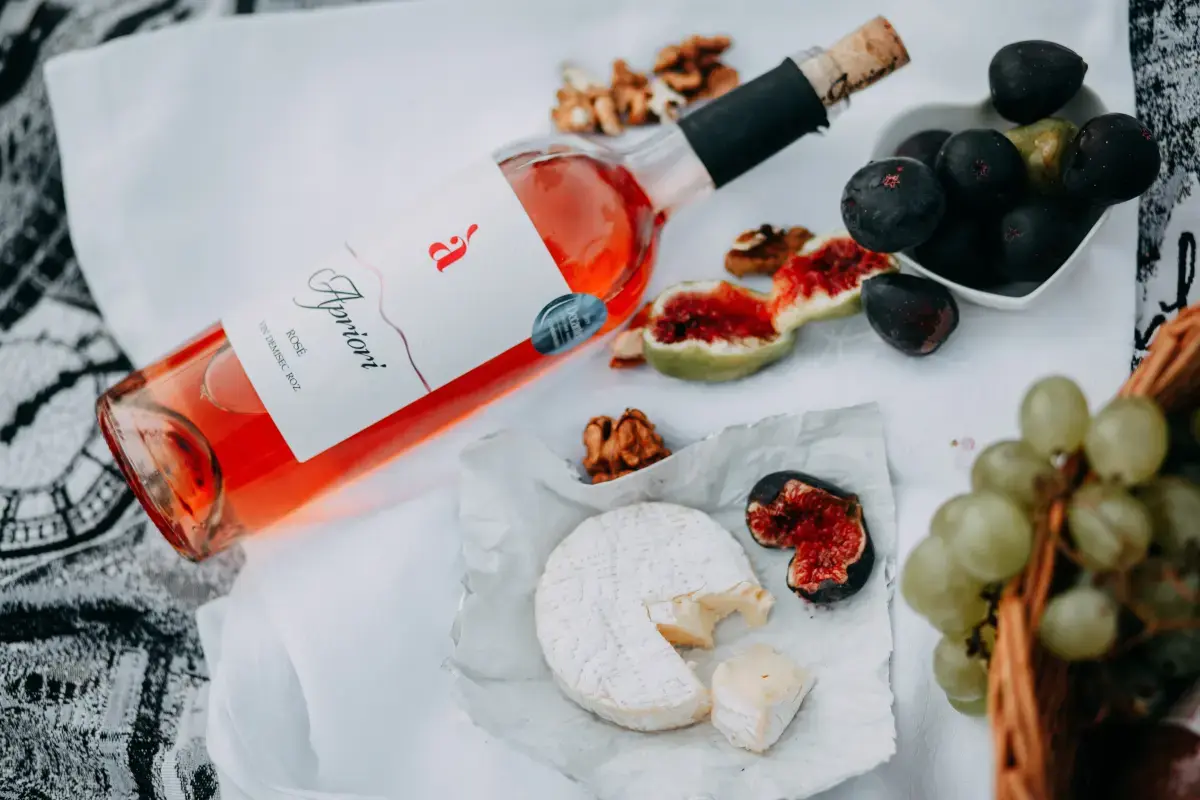
What are the roles and responsibilities of a Wine Taster?
Determine the quality of wine
Detect flaws in wine
Evaluate overall characteristics of wine
Formulate an opinion on a wines taste, smell, and appearance
Further the understanding and enjoyment of wine among others
Help to educate others on wines
Improve ones own tasting skills
Judge wines in competitions
Keep up with current trends in the world of wine
Learn about different styles of wines
Maintain a critical palate for wine evaluation
Understand and be able to explain the technical aspects of wine
Gather extensive knowledge about wine regions, winemaking, viticulture, etc.
Be well-versed in wine service
Be comfortable and familiar with using various types of wine glassware
Effectively communicate tasting notes to others
Work as part of a team during tastings or events
Write tasting reports/notes that are clear and concise
Use scoring systems for wines if required or requested
Maintain confidentiality when working with clientele
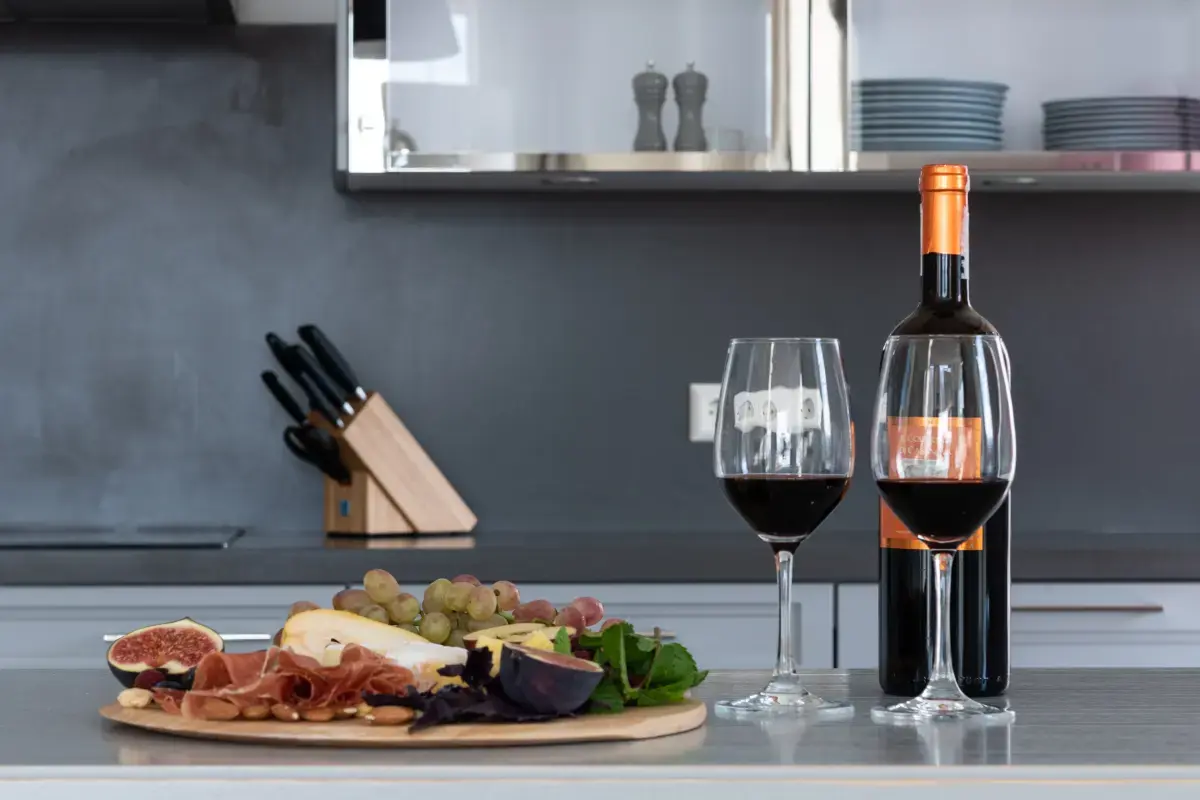
Where can I find Wine Taster jobs?
- Create a profile on gigexchange and promote your Wine Taster skills to advertise you are Open to New Work Opportunities
- Ensure your Resume (or CV), or online work profile is up to date and represents your skills and experience. Ensure your reputation reflects your ability & attitude.
- Apply for Wine Taster Jobs advertised on gigexchange.
- Practise Wine Taster interview techniques to ensure you represent your personality and ability succinctly and confidently.
- Accept the job offer if the salary meets your expectations and the employer mission and purpose reflects your core values.
Jobs
What are the best job boards for Wine Salesperson jobs?

How can I hire Wine Taster staff online for my business?
The best job board for recruiting Wine Taster experts is gigexchange.com. Advertise full-time, part-time or contract jobs to find, hire & recruit trusted, experienced and talented Wine Taster candidates near you.
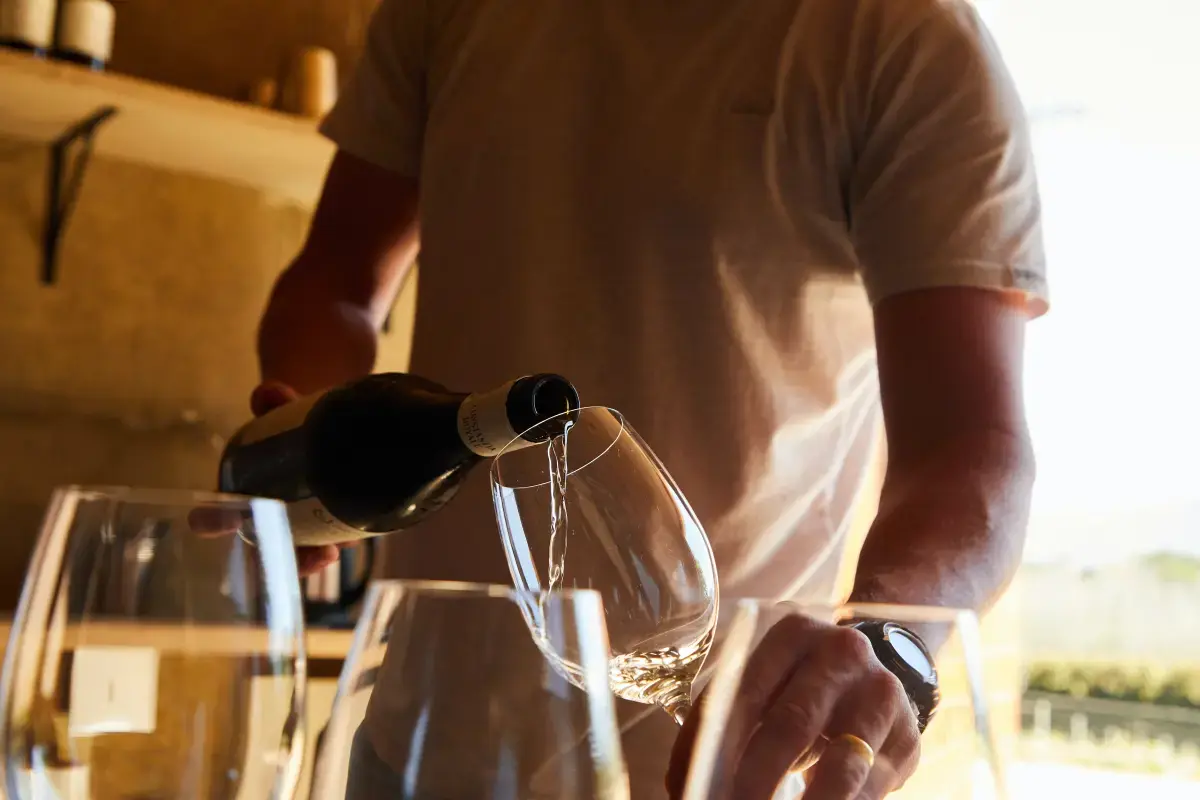
Are Wine Taster roles in demand in 2026?
Wine Taster experts are still in high demand in 2026. If you are an experienced Wine Taster or looking to train and become one. The job market is looking strong for Wine Taster jobs near me.